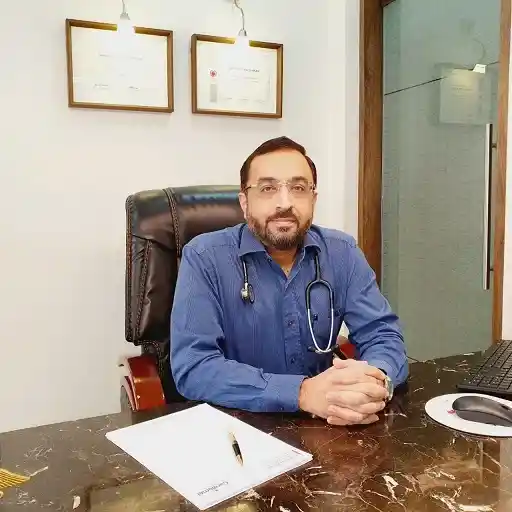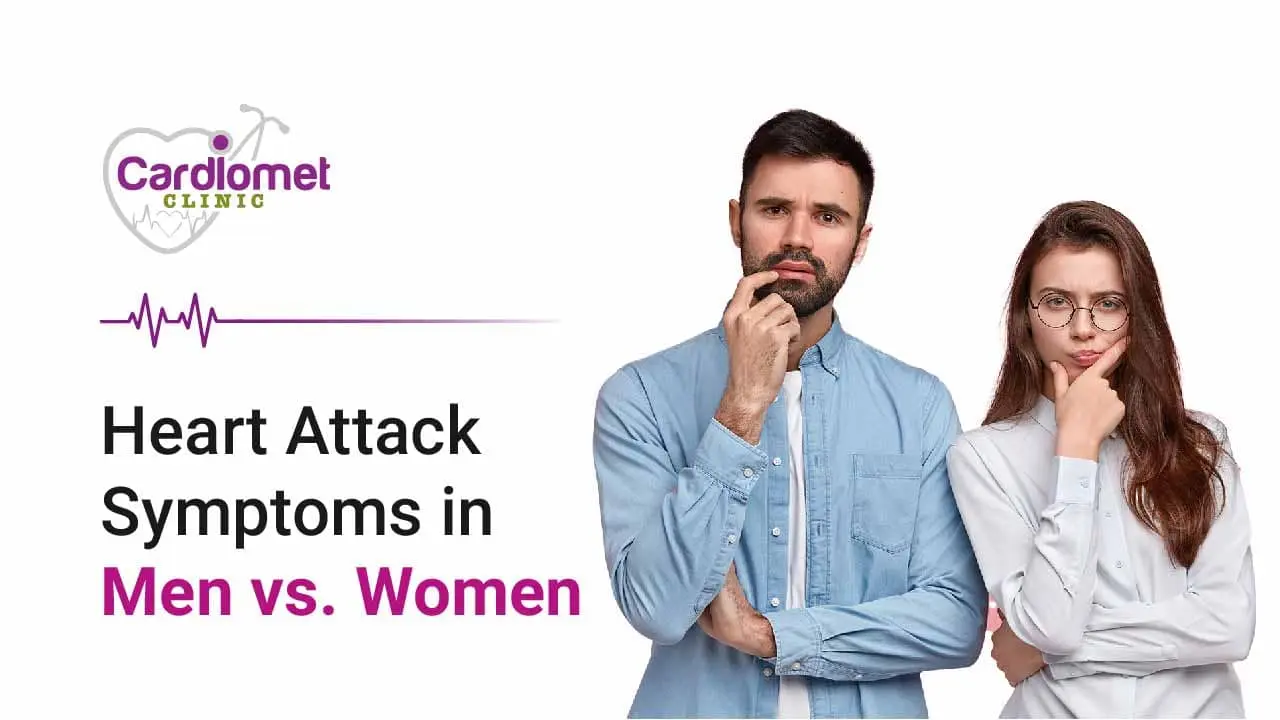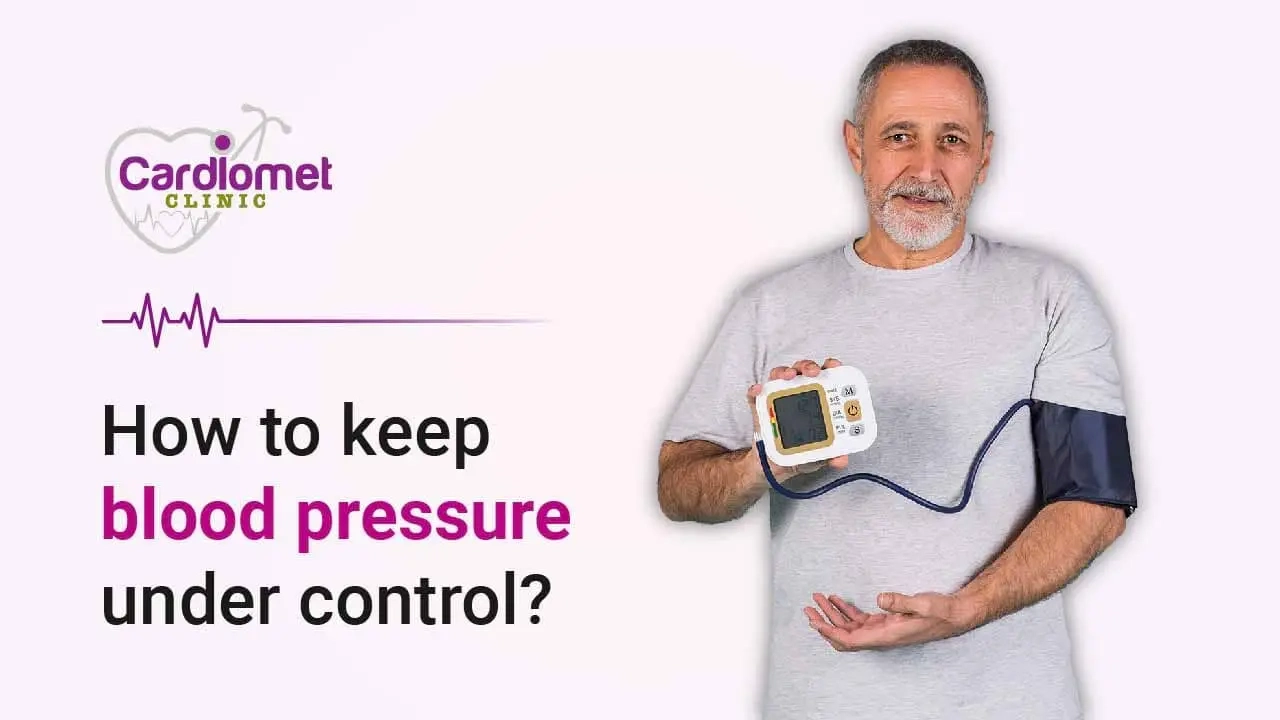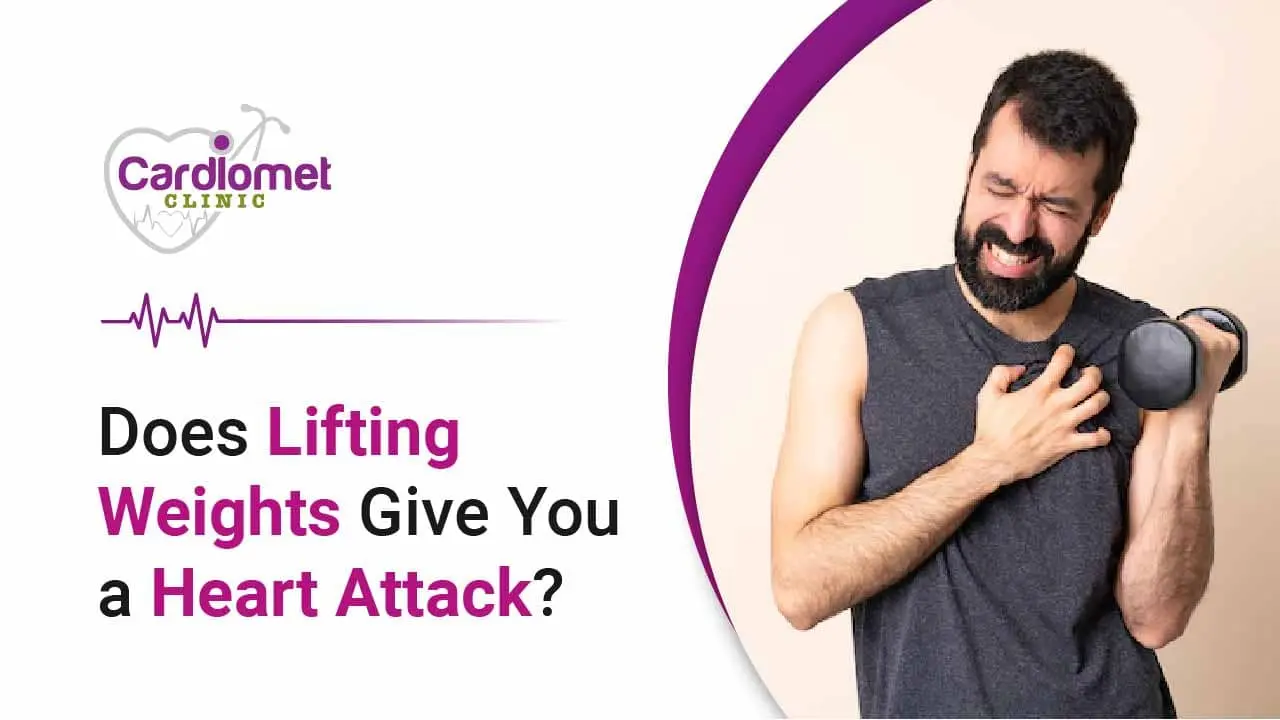Can Heart Attacks be Preventable?
Can Heart Attacks Be Prevented? Understanding Risks and Preventive Measures
Heart attacks often strike without warning, leaving many people wondering if they could have been prevented. Although it's not possible to completely eliminate the risk of heart attacks, there are numerous ways to reduce the likelihood of experiencing one.
In this blog, we will discuss various strategies for preventing heart attacks and how to minimize the damage if one occurs.

How to Prevent Heart Attacks
- Maintain a healthy lifestyle: One of the most effective ways to reduce the Risk of heart attacks is to maintain a healthy lifestyle. This includes avoiding addictions, engaging in regular exercise, consuming a balanced diet, and managing stress. By addressing these risk factors, you can significantly lower your chances of experiencing a heart attack.
- Know the signs and symptoms: Familiarize yourself with the warning signs of a heart attack, such as chest pain, shortness of breath, and nausea. Recognizing these symptoms early can help you seek medical attention promptly, potentially reducing the severity of the attack.
- Regular check-ups and monitoring: Regular medical check-ups and monitoring can help detect potential issues before they become life-threatening. For those with a family history of heart disease or other risk factors, more frequent check-ups may be necessary.
What to Do in Case of a Heart Attack?
- Dispel the coughing myth: Contrary to popular belief, coughing during a heart attack does not help clear a clot and can even be counterproductive. This unscientific approach may cause you to lose precious time that could be better spent seeking medical treatment.
- Stop exertion: If you suspect you're having a heart attack, immediately cease any physical activity. This reduces oxygen consumption, which may help lessen the severity of the attack.
- Take Primary treatment : In the event of a heart attack, taking primary treatment can help reduce heart damage. However, it is essential to consult a medical professional right away for a proper diagnosis and treatment plan.
Related Read: 8 Things To Do To Prevent a Heart Attack
Prevention and Emergency Treatment
Ultimately, there are two primary approaches to addressing heart attacks: prevention and emergency treatment. By adopting a healthy lifestyle and being aware of the warning signs, you can significantly reduce your risk of experiencing a heart attack. However, if one does occur, it's essential to act quickly and seek medical help as soon as possible.
Conclusion
Preventing heart attacks and minimizing their damage requires vigilance, proactive measures, and timely intervention.
By focusing on a healthy lifestyle, understanding the signs and symptoms of a heart attack, and knowing what to do in an emergency, you can protect your heart and potentially save your life.
If you have any questions or concerns about heart attacks or heart health, please feel free to get in touch with us.
Our team of experts is here to provide you with the information and support you need to make informed decisions about your well-being. Remember, knowledge is power, and taking charge of your heart health is an investment in your future.




